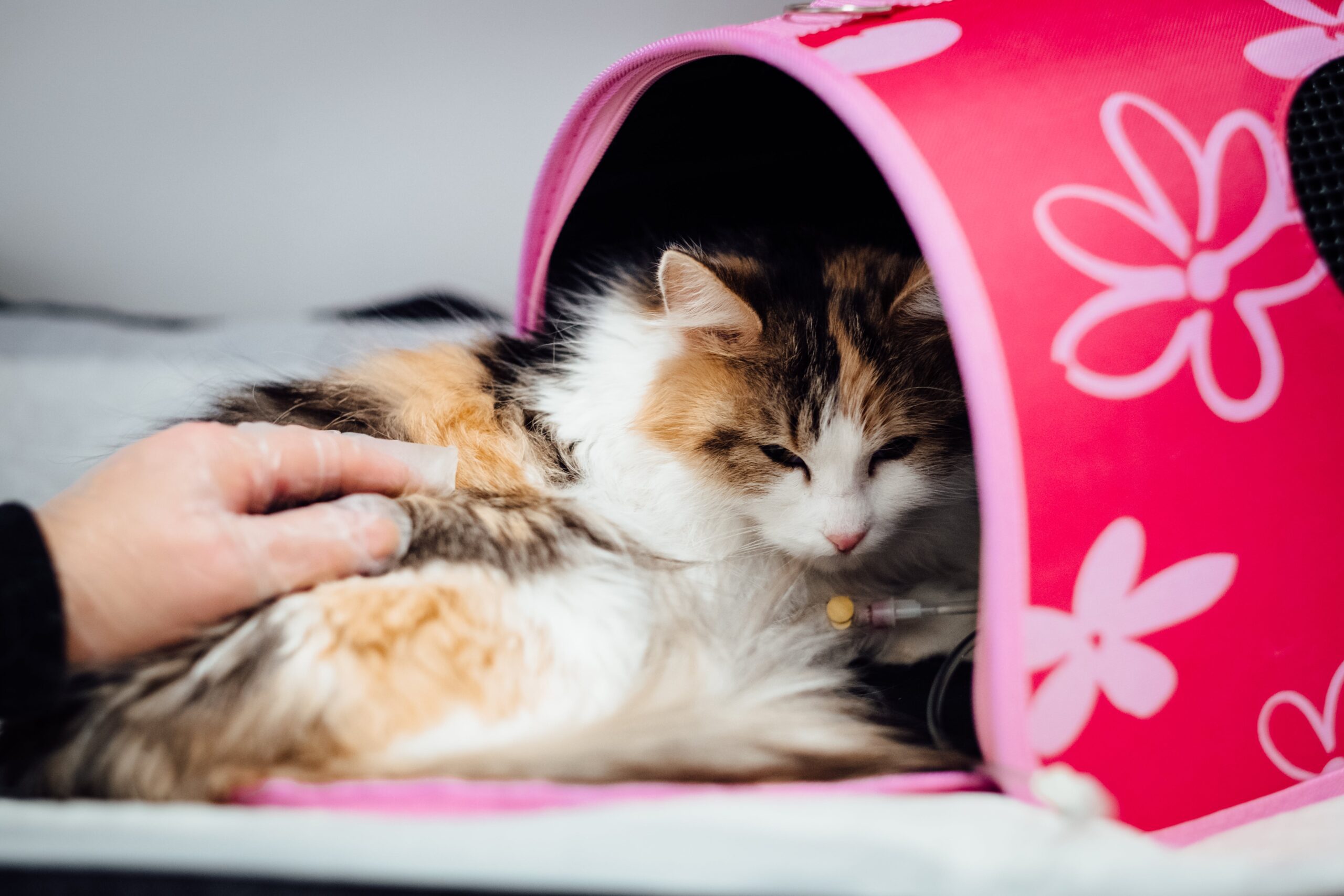-
8 Basic Questions about Deworming & Solutions: Deworming of Pets (Cats and Dogs)
What is deworming? The phrase “deworming” refers to the process of removing parasitic worms, including roundworms, hookworms, tapeworms, whipworms, and heartworms, from dogs and cats using anthelmintic medications. Why deworming is essential? For young pups and new dogs being brought into a home, deworming is crucial for getting rid of internal parasites. Dogs are particularly vulnerable to the health risks posed by parasites, and some parasite species can even spread to human family members. How frequently should your cat and dog be dewormed? Until they are 12 weeks old, pups should generally get deworming every 2 to 4 weeks. After that, until they are six months old, they should get…
-
9 Basic Tips To Care Your Pet In Winter (cold)
It’s crucial to protect your pet throughout the winter months to make sure they stay safe and healthy. The following advice can help you keep your pet warm and secure in the winter: Reduce outside exposure Try not to let your pet go outside for extended periods of time in really cold weather. Similar to us, pets can get frostbite and hypothermia. Limit your time spent outside and pay close attention to your pet. Shelter requirement in winter If your pet remains outside, make sure they have a warm, dry shelter that shields them from the elements like wind, rain, and snow. The shelter has to be raised off the…
-
Cat Parvovirus (Feline panleukopenia virus, Feline Distemper): Signs, symptoms, Treatment, Care
Feline distemper, sometimes called the feline panleukopenia virus, is a highly contagious and potentially fatal viral illness that affects cats. It mostly affects kittens and unvaccinated cats, and if left untreated, it can be deadly. It shares a close relationship with the canine parvovirus, which is sometimes misidentified as the canine distemper virus. Transfer of cat parvo virus Whatever name you give it, though, it is an extremely infectious illness that affects cats and is present almost everywhere in the environment. But cats living in places like kennels, animal shelters, pet shops, and feral cat groups are more likely to get infected with the virus. Virus can remain viable in…
-
Cat Infectious Diseases: Signs, Symptoms And Treatment
As an owner, we should have to take care of our pets. Vaccination is best method to prevent your pet either it’s dogs, cat, horse, parrot etc. But, we will discuss today about cat different viral infections. Cats are vulnerable to a range of viral illnesses that can negatively impact their well-being. Among the prevalent viral illnesses in cats are: Feline Panleukopenia: Feline panleukopenia often known as feline distemper, is a highly transmissible viral illness brought on by the feline parvovirus. Signs and symptoms: Fever, diarrhea, vomiting, drowsiness, and a reduction in white blood cells are among the symptoms. Treatment: Antibiotics to stop subsequent infections, hydration therapy, and symptomatic treatment…




